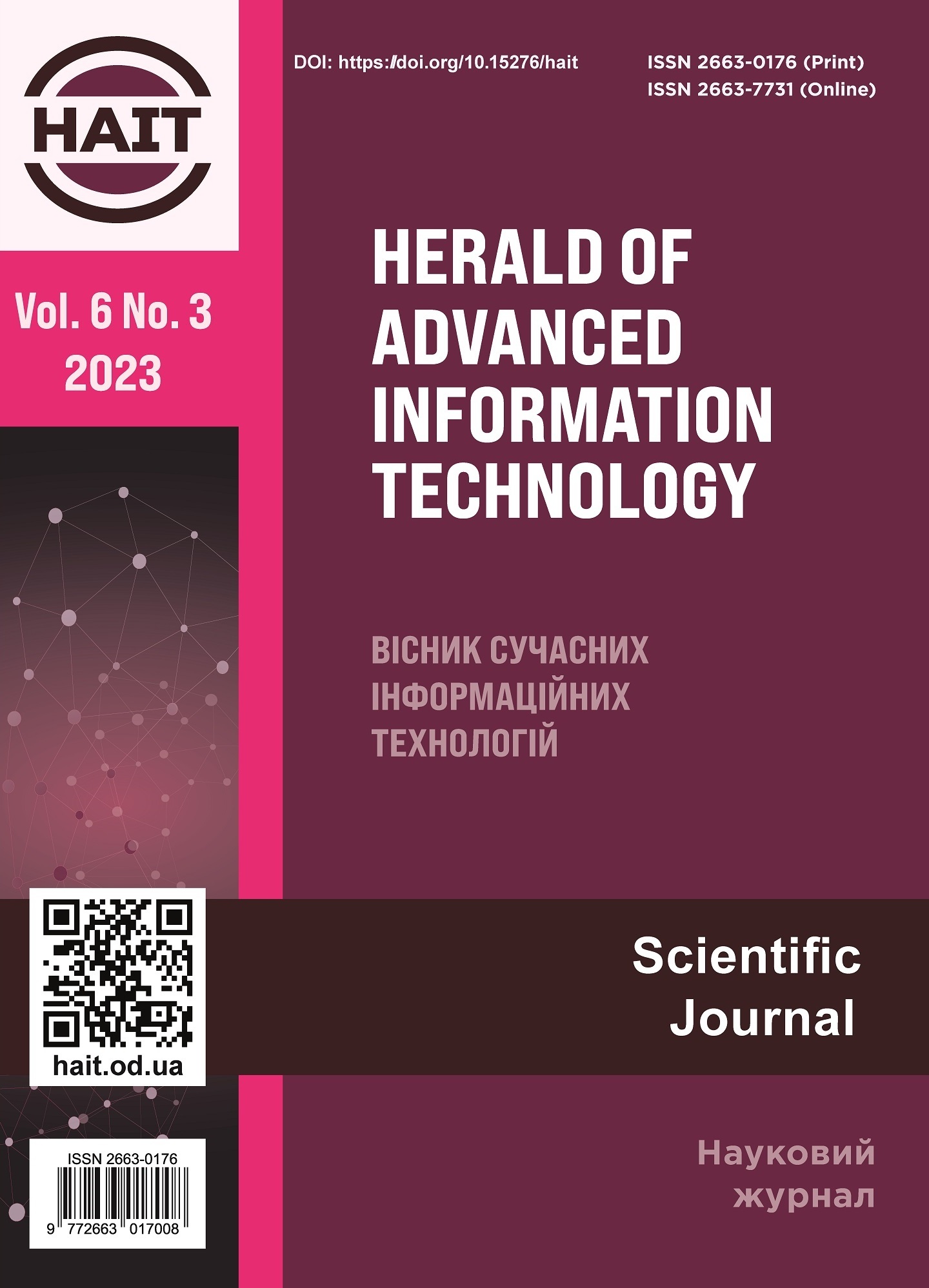An information model concept for a thermomechanical process in grinding
DOI:
https://doi.org/10.15276/hait.06.2023.17Keywords:
Information support, technological capabilities, defect-free processing algorithm, support system, models, heterogeneityAbstract
The purpose of the work is to present the concept of an information model of the thermomechanical process in grinding of products from materials prone to defect formation due to the fact that their surface layer has hereditary defects of structural or technological origin. The products' strength and functionality depend on the inhomogeneity and defectiveness of the structure of the materials from which they are made. Such materials have many different micro defects formed in the surface layer of parts during the technological operations of their production. Reducing number of defects in the finishing operations of these materials and increasing the operational properties of products made of these materials is an essential national and economical task, the solution of which leads to a significant saving of material resources, labour intensity and cost of manufacturing parts. The currently available information on the thermal processes of diamond abrasive processing is obtained on the assumption of the homogeneity of the materials being polished and needs to consider the presence of defects in the technological heredity of the products. The phenomenological approach in studying the causes of cracking of materials prone to this type of defect does not allow to reveal the mechanism of genesis and development of grinding cracks. The choice of the method of investigation of the mechanism of crack formation is based on micro-research related to inhomogeneities, which are formed in the surface layer of parts during previous technological operations. A mathematical model has been developed that describes thermomechanical processes in the surface layer during grinding of parts made of materials and alloys, taking into account their inhomogeneities, which affect the intensity of the formation of grinding cracks. Calculated dependences between the crack resistance criterion and the main controlling technological parameters were obtained. According to the known characteristics of hereditary defects, the limit values of thermomechanical criteria, which ensure the necessary quality of the surfaces of the processed products, are determined. Based on the obtained criterion ratios, an algorithm for selecting technological possibilities for defect-free processing of products from materials prone to loss of quality of the surface layer of parts was built. A decision support system has been developed to increase the efficiency of the finishing process management.








